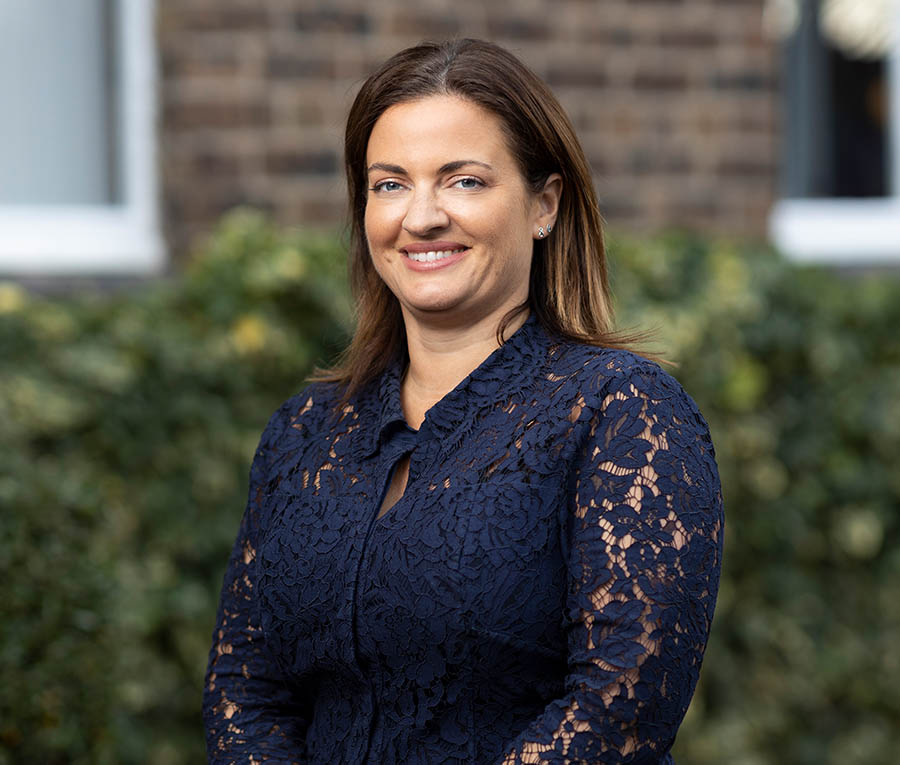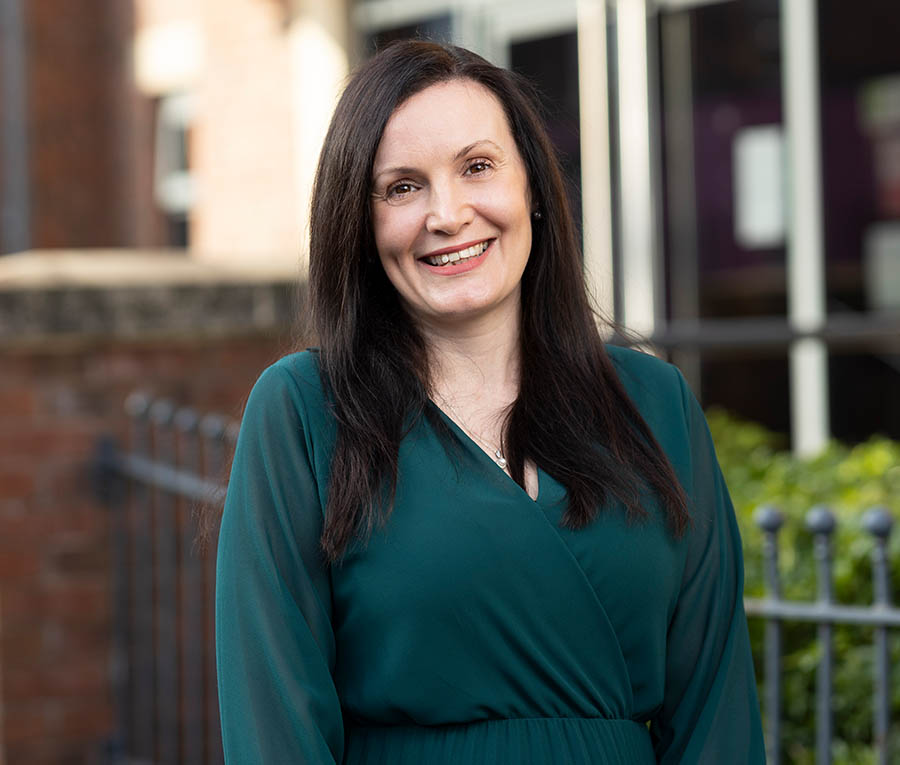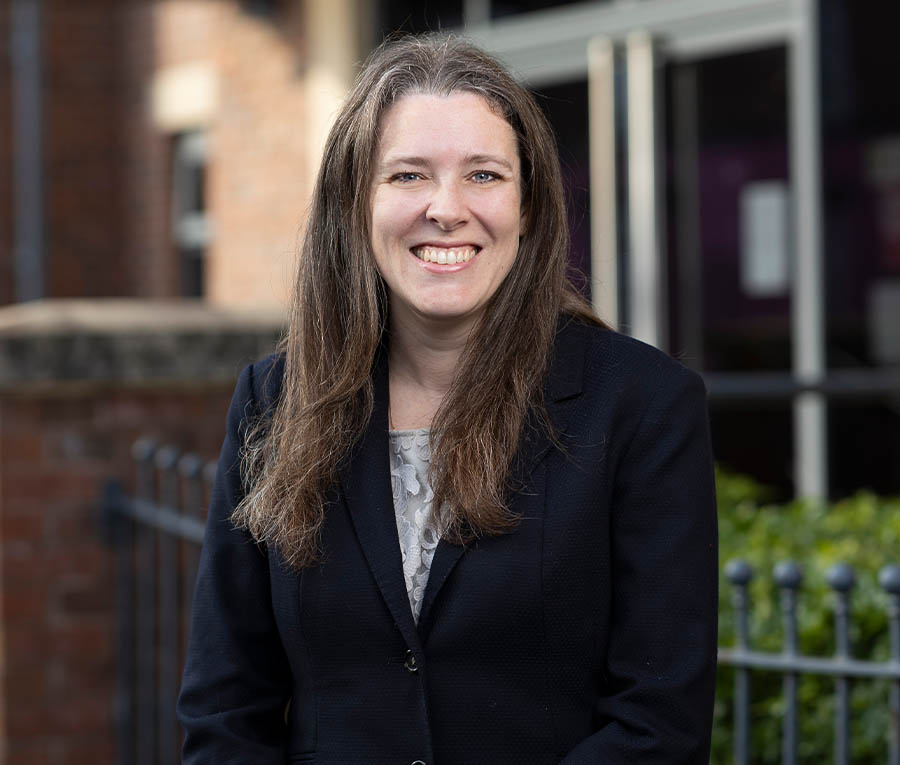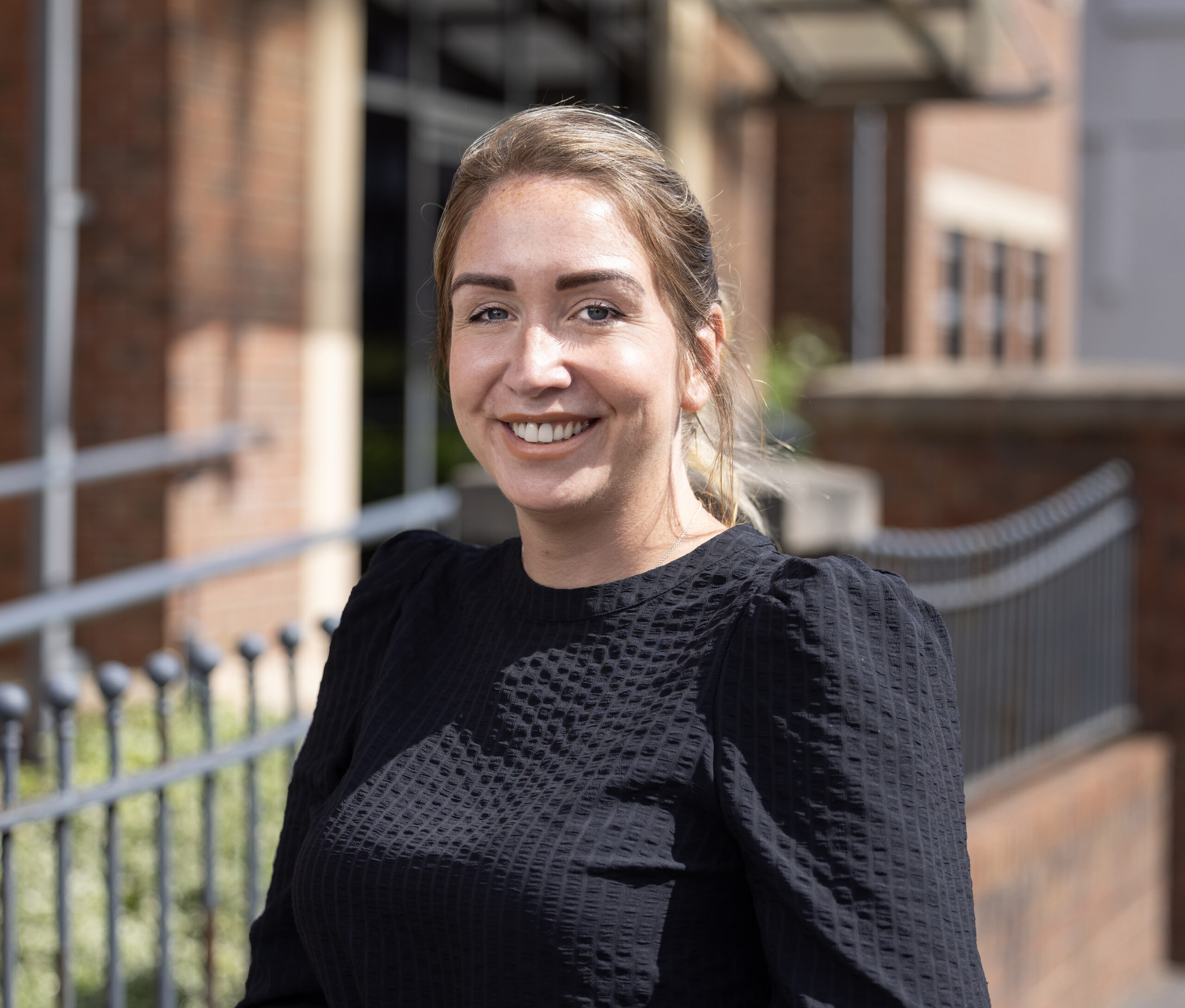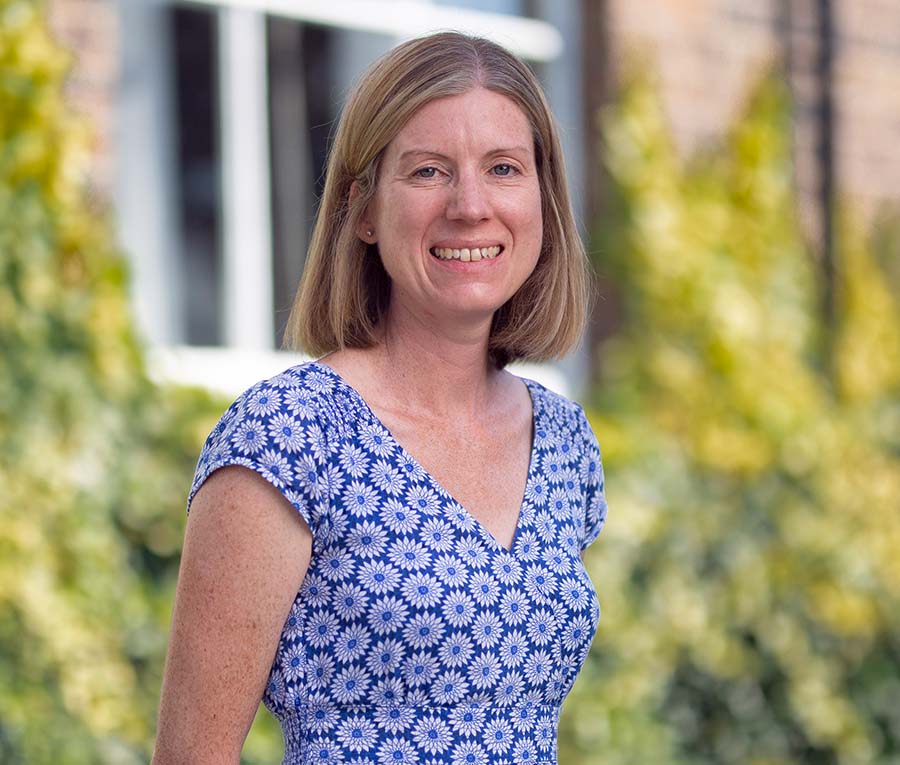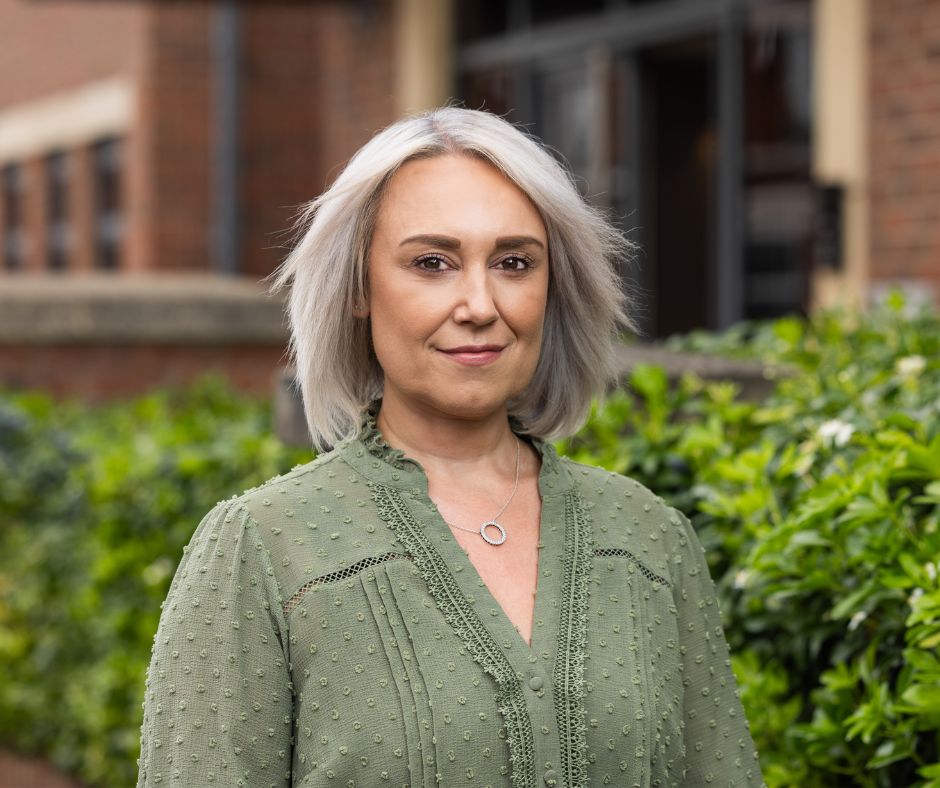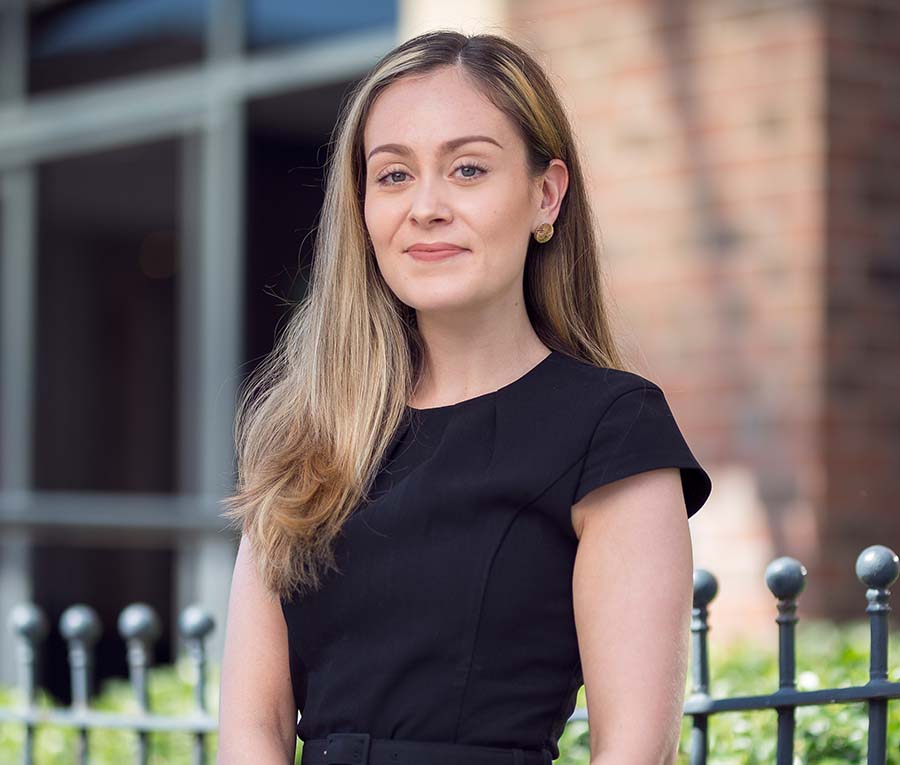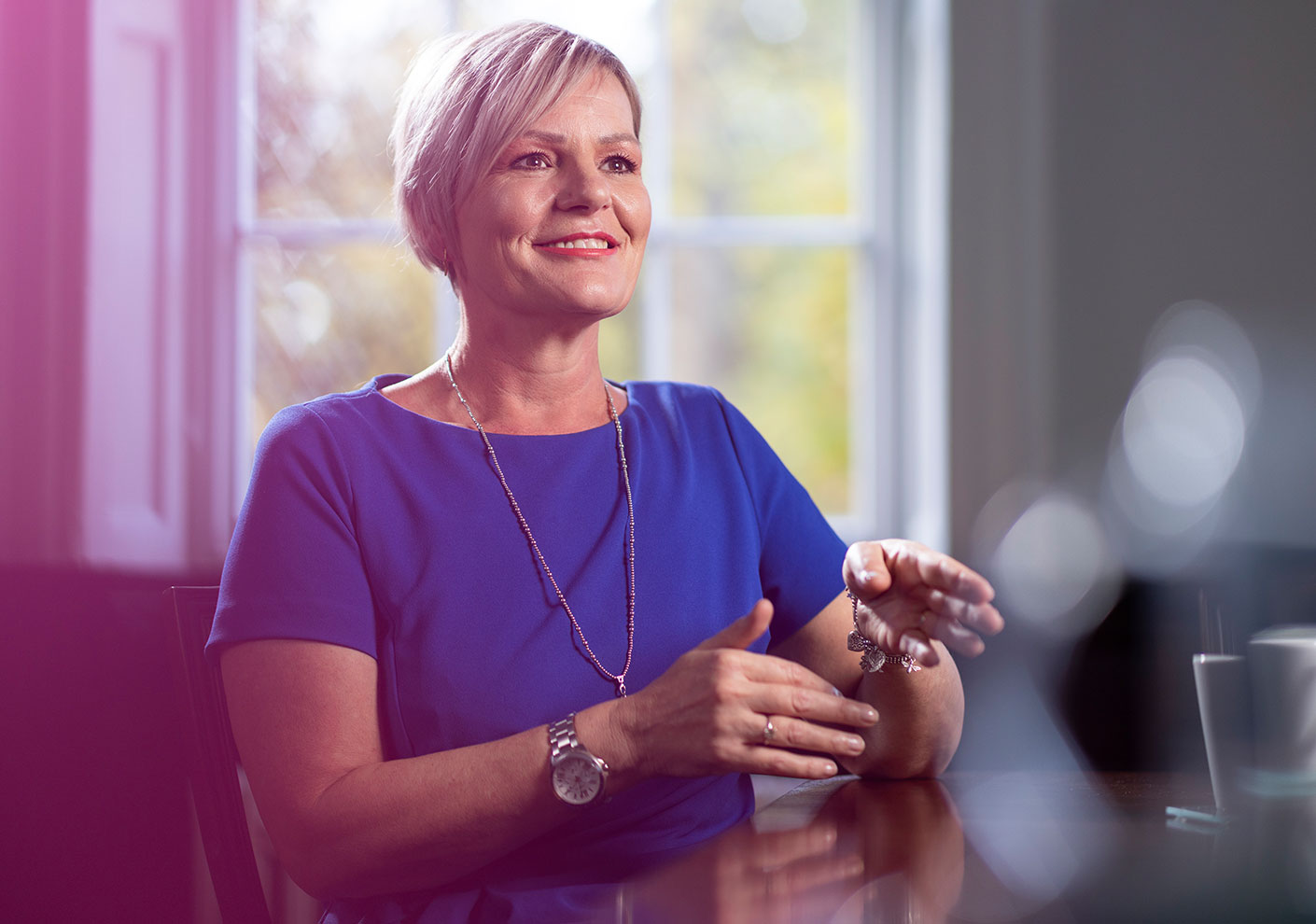What is a Last Will and Testament?
A Last Will and Testament is a legal document that sets out how your estate (property, belongings, savings, investments and other assets) will be distributed on your death. It is more commonly known as a will. It also allows you to make arrangements for who should take care of any children after your death.
How to make a will
Your Last Will and Testament is a legal document and so certain legal formalities have to be complied with. These include:
- You must be at least 18 years old.
- You must have “testamentary capacity”. This means that you must understand what a Will is, that you are making your Last Will and Testament, and also what the effects of the will are. You must also understand the extent of what you own (for example, the value of your home and how much you have in savings), and be aware of potential claims against your estate, for instance if you are excluding certain family members from your will.
- A will must be in writing and must be signed by the person making it (or on their behalf and at their direction) in front of two independent witnesses. If a beneficiary of the Will (or their spouse) witnesses the Will, the Will stays valid but any gift to them will fail.
- Once your Last Will and Testament has been signed, you cannot make amendments to it unless you do so by making a codicil (which must also follow all of the legal formalities listed above) or by making a new will. You cannot simply write amendments on to your existing will, or write a letter to go alongside it.
What can be left in a will?
Anything that you own can be left in a will. These may include your: home, car, bank accounts, savings and investments, and personal items. Less obvious assets can also be left in a will such as digital assets.
However, it is important to be aware that if you own the asset jointly with someone else, it may automatically pass to them on your death.
If you own property abroad, then you may need to take advice in the respective country about whether you can include that asset in your English will or whether it would be better to make a Last Will and Testament in the respective country.
You might also want to consider who will look after your children upon your death. You can name a guardian in your will who will then be legally responsible for the child until they reach 18 years old.
How do I write a will?
When writing a will, there are a number of steps that you should take.
Firstly, you should consider all of the assets that you own. Your home; its contents, your jewellery, your car and even your digital assets; life insurance and pensions too. You should also consider any liabilities that you have, for instance a mortgage on your property. Would that be paid off on your death?
Secondly, consider how you own these assets. Are they in your own name or with someone else? Will they automatically pass to the other joint owner or can you leave them in your will?
Thirdly, consider who you want to leave your assets to. Family members, friends, charities? Are you excluding anyone who might expect to inherit something? Do you want to leave separate gifts of items or cash to individuals? Are you leaving anything to children under 18 and, if so, do you want to stipulate how old they need to be before they inherit these? Do you want to leave assets outright to people or would you prefer to leave assets in trust for them? Trusts can be particularly useful in second marriage situations where each spouse has children from a previous relationship. If any of your beneficiaries are vulnerable, you may also prefer to consider leaving assets in trust for them.
If you have children who are under the age of 18, you should consider who would look after them after your death. This person is known as a “guardian”.
Finally, you need to consider who will be the “executors” of your will. Executors are responsible for dealing with your estate and distributing it in accordance with the terms of your will after you have died.
How much does it cost to make a will?
The cost depends on how complex the will needs to be. See our price list for more.
How our team of specialist wills and wealth planning solicitors can help
Our specialist team will take the time to meet with you and talk about your individual circumstances. The person making a will must not be influenced by others so we may insist on seeing you by yourself. If you are housebound, our team will come to you. This initial meeting is around an hour and allows us to discuss your personal circumstances in depth. Following the meeting, we will create a draft will for you. Once you are happy, we will arrange another meeting to sign the will, making sure that it is executed properly and that all legal formalities are complied with. We will also safely store the original will for you.
You can download our making a will preparation questionnaire for couples or for a single person to help you make sure everything is covered.
What is a Last Will and Testament?
A Last Will and Testament is a legal document that sets out how your estate (property, belongings, savings, investments and other assets) will be distributed on your death. It is more commonly known as a will. It also allows you to make arrangements for who should take care of any children after your death.
How to make a will
Your Last Will and Testament is a legal document and so certain legal formalities have to be complied with. These include:
- You must be at least 18 years old.
- You must have “testamentary capacity”. This means that you must understand what a Will is, that you are making your Last Will and Testament, and also what the effects of the will are. You must also understand the extent of what you own (for example, the value of your home and how much you have in savings), and be aware of potential claims against your estate, for instance if you are excluding certain family members from your will.
- A will must be in writing and must be signed by the person making it (or on their behalf and at their direction) in front of two independent witnesses. If a beneficiary of the Will (or their spouse) witnesses the Will, the Will stays valid but any gift to them will fail.
- Once your Last Will and Testament has been signed, you cannot make amendments to it unless you do so by making a codicil (which must also follow all of the legal formalities listed above) or by making a new will. You cannot simply write amendments on to your existing will, or write a letter to go alongside it.
What can be left in a will?
Anything that you own can be left in a will. These may include your: home, car, bank accounts, savings and investments, and personal items. Less obvious assets can also be left in a will such as digital assets.
However, it is important to be aware that if you own the asset jointly with someone else, it may automatically pass to them on your death.
If you own property abroad, then you may need to take advice in the respective country about whether you can include that asset in your English will or whether it would be better to make a Last Will and Testament in the respective country.
You might also want to consider who will look after your children upon your death. You can name a guardian in your will who will then be legally responsible for the child until they reach 18 years old.
How do I write a will?
When writing a will, there are a number of steps that you should take.
Firstly, you should consider all of the assets that you own. Your home; its contents, your jewellery, your car and even your digital assets; life insurance and pensions too. You should also consider any liabilities that you have, for instance a mortgage on your property. Would that be paid off on your death?
Secondly, consider how you own these assets. Are they in your own name or with someone else? Will they automatically pass to the other joint owner or can you leave them in your will?
Thirdly, consider who you want to leave your assets to. Family members, friends, charities? Are you excluding anyone who might expect to inherit something? Do you want to leave separate gifts of items or cash to individuals? Are you leaving anything to children under 18 and, if so, do you want to stipulate how old they need to be before they inherit these? Do you want to leave assets outright to people or would you prefer to leave assets in trust for them? Trusts can be particularly useful in second marriage situations where each spouse has children from a previous relationship. If any of your beneficiaries are vulnerable, you may also prefer to consider leaving assets in trust for them.
If you have children who are under the age of 18, you should consider who would look after them after your death. This person is known as a “guardian”.
Finally, you need to consider who will be the “executors” of your will. Executors are responsible for dealing with your estate and distributing it in accordance with the terms of your will after you have died.
How much does it cost to make a will?
The cost depends on how complex the will needs to be. See our price list for more.
How our team of specialist wills and wealth planning solicitors can help
Our specialist team will take the time to meet with you and talk about your individual circumstances. The person making a will must not be influenced by others so we may insist on seeing you by yourself. If you are housebound, our team will come to you. This initial meeting is around an hour and allows us to discuss your personal circumstances in depth. Following the meeting, we will create a draft will for you. Once you are happy, we will arrange another meeting to sign the will, making sure that it is executed properly and that all legal formalities are complied with. We will also safely store the original will for you.
You can download our making a will preparation questionnaire for couples or for a single person to help you make sure everything is covered.





